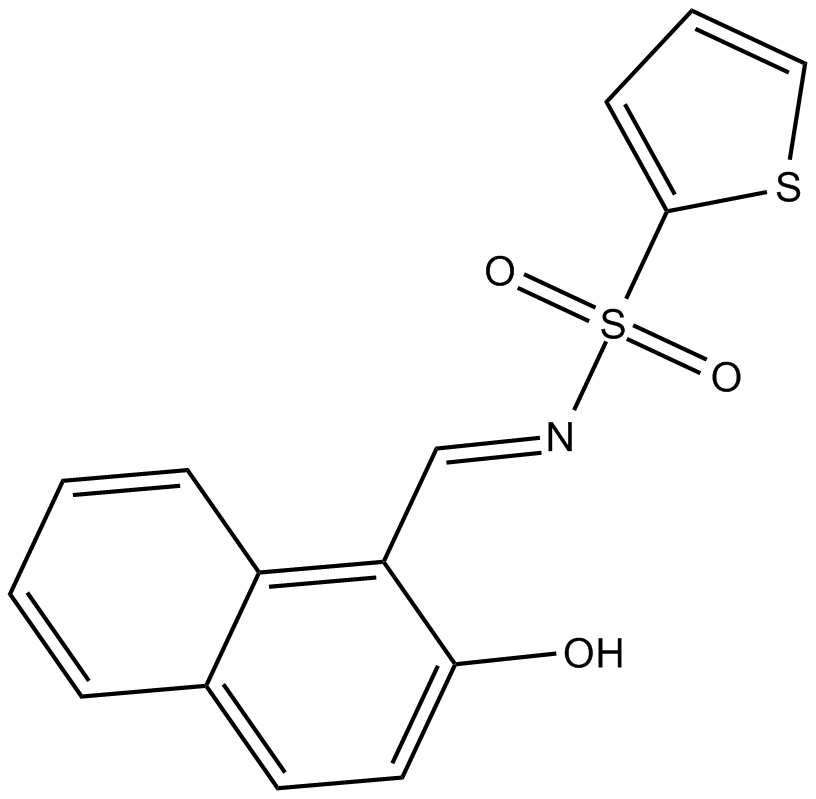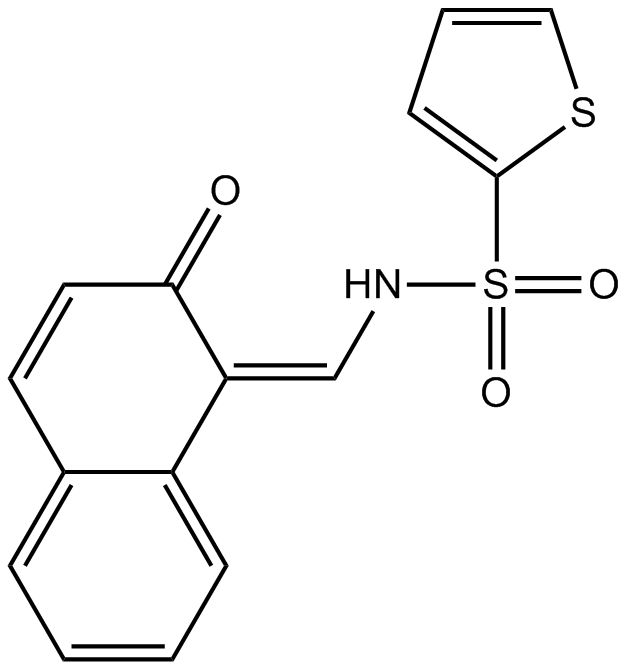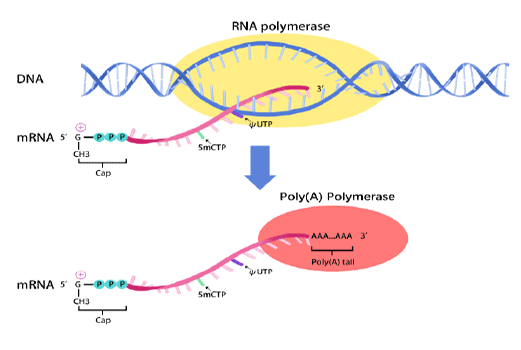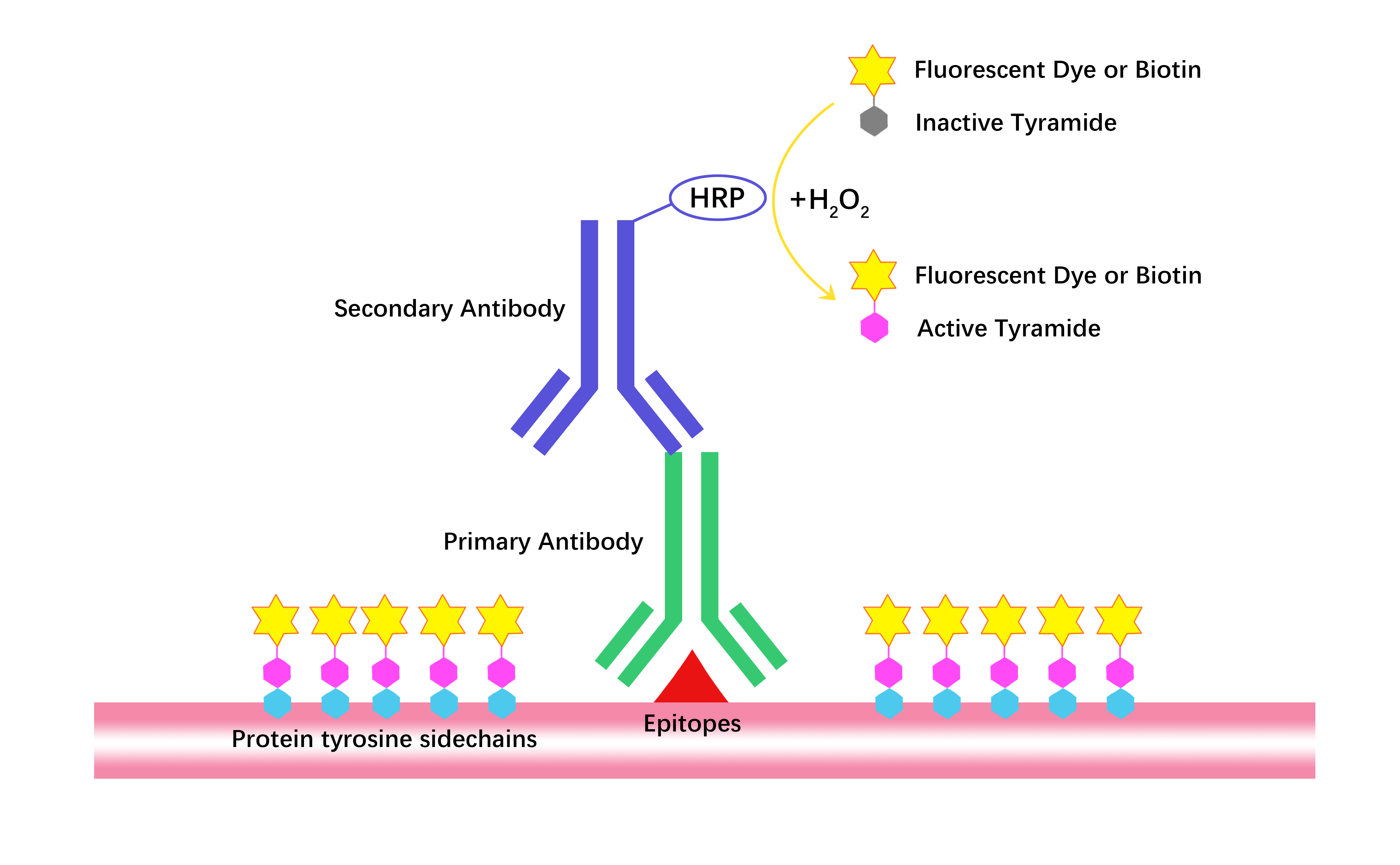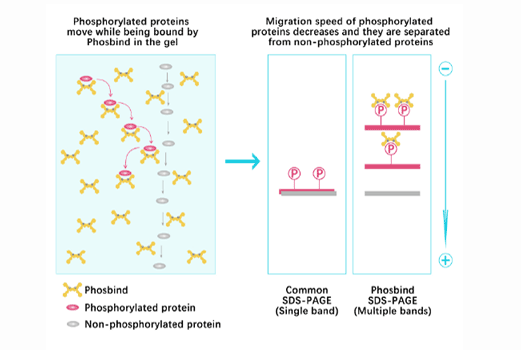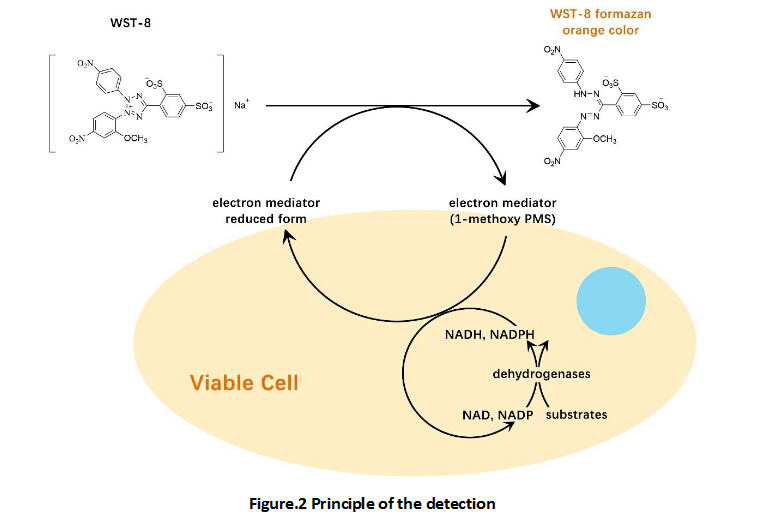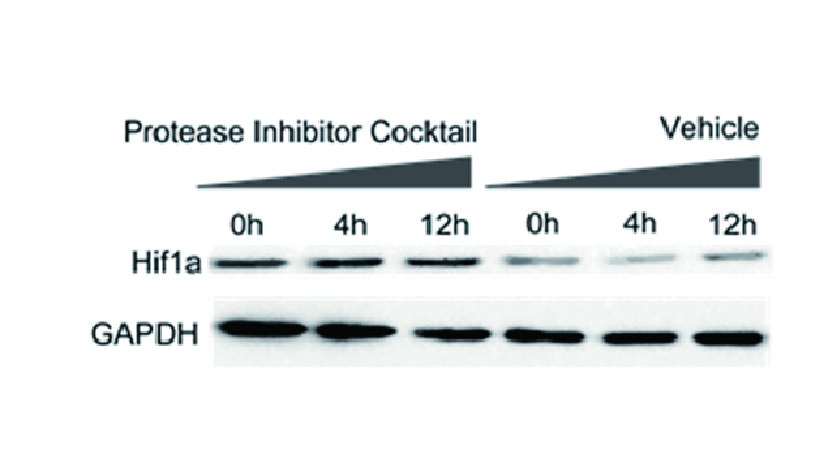STF 083010
IC50: N/A
STF 083010 is an inhibitor of IRE1α endonuclease activity, and does not alter IRE1α kinase.
In vitro: After endoplasmic reticulum stress both in vitro and in vivo, STF-083010 prevented Ire1 endonuclease activity without affecting its kinase activity. Treatment with STF-083010 exhibited significant antimyeloma activity in model human MM xenografts. Similarly, compared with other similarly isolated cell populations, STF-083010 was preferentially toxic to freshly isolated human CD138 MM cells. On basis of the identification of this novel Ire1 inhibitor, propose that the Ire1-XBP1 axis is a promising target for anticancer therapy (especially in the context of MM) [1].
In stark contrast, when apoptosis of tumor cells desired, therapeutic strategies attempted to stimulate ER stress with the aim of killing cancerous cells in the case of cancer treatment. For example, it enhanced the killing of these cancer cells that exposure of human multiple myeloma cells to STF083010, and that or treatment of a human pancreatic cancer cell line with bortezomib, [2].
In vivo: The small molecule STF083010, identified by a high-throughput screen of compounds affecting IRE1 activity, was capable of directly inhibiting the endonuclease function of IRE1 without affecting its kinase activity. After treatment of mice harboring subcutaneous xenografts led to tumor shrinkage and multiple myeloma cells harvested from cancer patients died following exposure to STF083010, the antimyeloma therapeutic potential of STF083010 was convincingly demonstrated [2].
Clinical trial: So far, no clinical study has been conducted.
References:
[1]. Papandreou I, Denko NC, Olson M, Van Melckebeke H, Lust S, Tam A, Solow-Cordero DE, Bouley DM, Offner F, Niwa M, Koong AC. Identification of an Ire1alpha endonuclease specific inhibitor with cytotoxic activity against human multiple myeloma. Blood. 2011 Jan 27; 117 (4):1311-4.
[2]. Kraskiewicz H, FitzGerald U. InterfERing with endoplasmic reticulum stress. Trends Pharmacol Sci. 2012 Feb; 33 (2):53-63.
| Storage | Store at -20°C |
| M.Wt | 317.38 |
| Cas No. | 307543-71-1 |
| Formula | C15H11NO3S2 |
| Solubility | ≥31.7 mg/mL in DMSO; insoluble in EtOH; insoluble in H2O |
| Chemical Name | (E)-N-((2-hydroxynaphthalen-1-yl)methylene)thiophene-2-sulfonamide |
| SDF | Download SDF |
| Canonical SMILES | Oc1c(/C=N/S(c2ccc[s]2)(=O)=O)c(cccc2)c2cc1 |
| Shipping Condition | Small Molecules with Blue Ice, Modified Nucleotides with Dry Ice. |
| General tips | We do not recommend long-term storage for the solution, please use it up soon. |
Quality Control & MSDS
- View current batch:
Chemical structure
